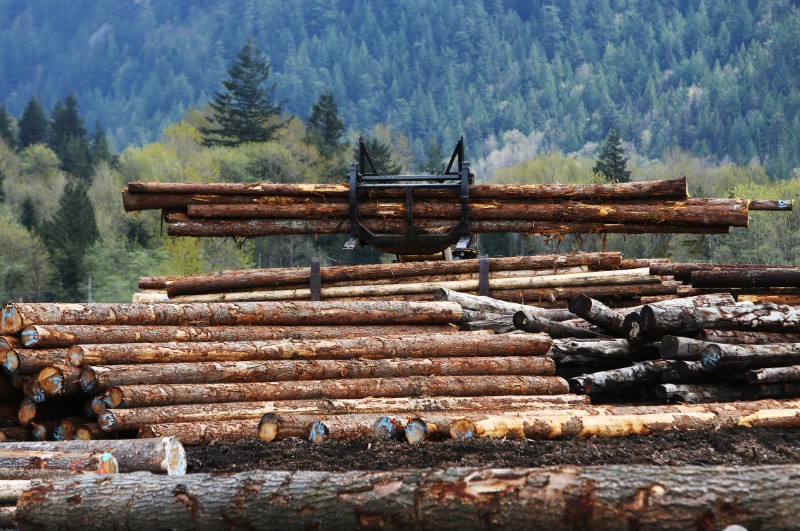(Bloomberg) -- While work-from-home policies are helping to make lumber a top performer as shut-in Americans build decks and fences, office closures are devastating another tree product: paper.
Shutdowns have withered the demand for paper used in everything from newspaper ads to schools, stores and restaurants, said Resolute Forest (NYSE:RFP) Products Chief Executive Officer Yves Laflamme. The Montreal-based company temporarily shut down five of its paper machines as the pandemic spurred customers to cancel as many as 40% of their orders, he said.
The company’s paper shipments fell by 132,000 metric tons in the second quarter due to the “dramatic decrease” in economic activity particularly for advertising in flyers, inserts and commercial papers, according to an earnings statement.
“We’re going to lose volumes that won’t come back,” Laflamme said in a telephone interview. “I think paper is going to struggle.”
The sharp decline in paper comes just as companies like Resolute seek to take advantage of the surprise gains in lumber spurred by coronavirus lockdowns. Lumber futures have doubled since early April as stay-in-place restrictions sparked a surge in demand for building materials as people decided to fix up their homes.
Mover Over Gold. Wood Is the Shelter of Choice in the Pandemic
Resolute restarted two of its Quebec sawmills in July amid the strength of the repair and remodeling market and better-than-expected U.S. housing starts, Laflamme said. It will also add additional volumes with the startup of its mill in El Dorado, Arkansas, in early 2021.
“It’s definitely a great surprise,” Laflamme said.
While the demand for printing papers has been in secular decline before the pandemic, the magnitude of the drop during Covid-19 was a surprise -- declining from about 3% a year to 30% in two months, said Mark Sutton, chief executive officer of Memphis-based International Paper. While at-home consumers are buying more paper from Amazon (NASDAQ:AMZN) and other e-commerce sites, it’s not enough to offset the losses from what companies are buying and what’s not being printed during school closures, he said.
“What we don’t know is how that plays out, if it stays that way or it returns to some version of what it was before,” Sutton said in a telephone interview.
©2020 Bloomberg L.P.
